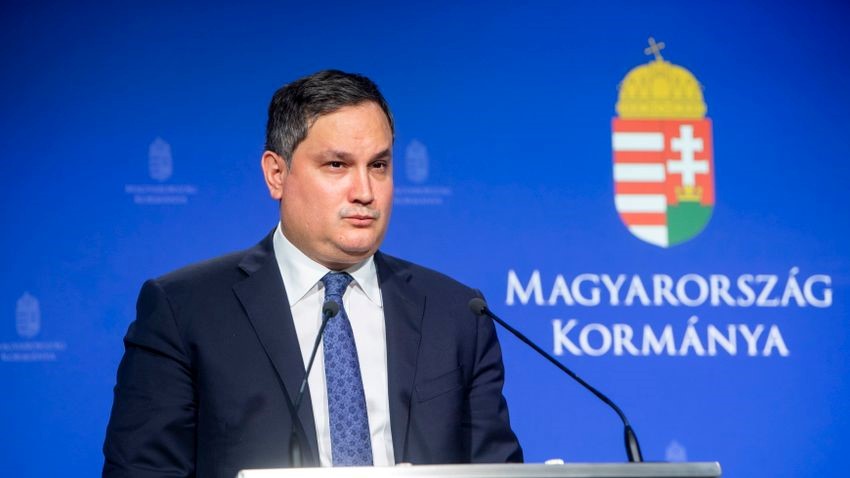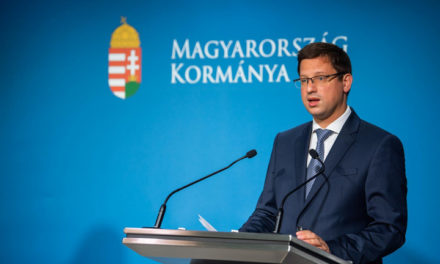At the government meeting held in Sopron, the cabinet decided on the establishment of the overhead and national defense fund, as well as the imposition of the extra profit tax to finance it, the amount of which will exceed HUF 800 billion in 2022, and will reach HUF 1,000 billion next year, Economic Development Minister Márton Nagy told Kossuth Rádió Vasárnapi In a statement to the program "Newspaper".
The minister said that the detailed rules of the tax will be published in the Magyar Közlöny this weekend.
He noted that the extra profit taxes affecting, among others, banks, energy industry and trading companies, and airlines are targeted and temporary.
"So the price of the war and the failed Brussels sanctions policy should not be paid by the people," he said. He added: thanks to the rising interest rates and prices, the banks and large multinational companies have gained such a significant extra profit that they did not work for, and this should be included in the public burden.
Márton Nagy confirmed that the cabinet will constantly monitor whether the companies affected by the extra profit tax pass on their burdens to consumers, and then act quickly and harshly if this happens.
The minister also said that the government makes the biggest savings on itself.
The cabinet reduced the ministries' budgets by 10 percent, which means savings of HUF 581 billion in 2022 and HUF 500 billion next year, he said.
He emphasized that the government will also save HUF 1,150 billion in 2022-2023 by rescheduling and postponing state investments.
Márton Nagy announced that in the coming weeks, the government will decide on the fate of the price ceiling for food and fuel, which expires on July 1, taking into account the development of inflation. In this context, he noted that, according to the cabinet's experience, the increase in the price of these products has not yet peaked.
The minister said that municipalities and business organizations must withdraw from overhead protection, so that in the future it will only be available to families again.
Márton Nagy reminded that the utility reduction rules were originally meant for families, and due to the coronavirus crisis, the government decided at the end of 2021 and the beginning of 2022 that municipalities and small and medium-sized companies could also enter.
A significant number of small and medium-sized companies and municipalities can produce larger energy bills, he added.
He emphasized that the new government measures mean annual savings of more than HUF 2,000 billion and make the deficit target of 4.9 percent this year and 3.5 percent of GDP next year achievable.
The head of the ministry stated that the government will not compromise on protecting full employment, the purchasing power of pensions, family subsidies, and utility reduction for the sake of families.
Source: MTI













